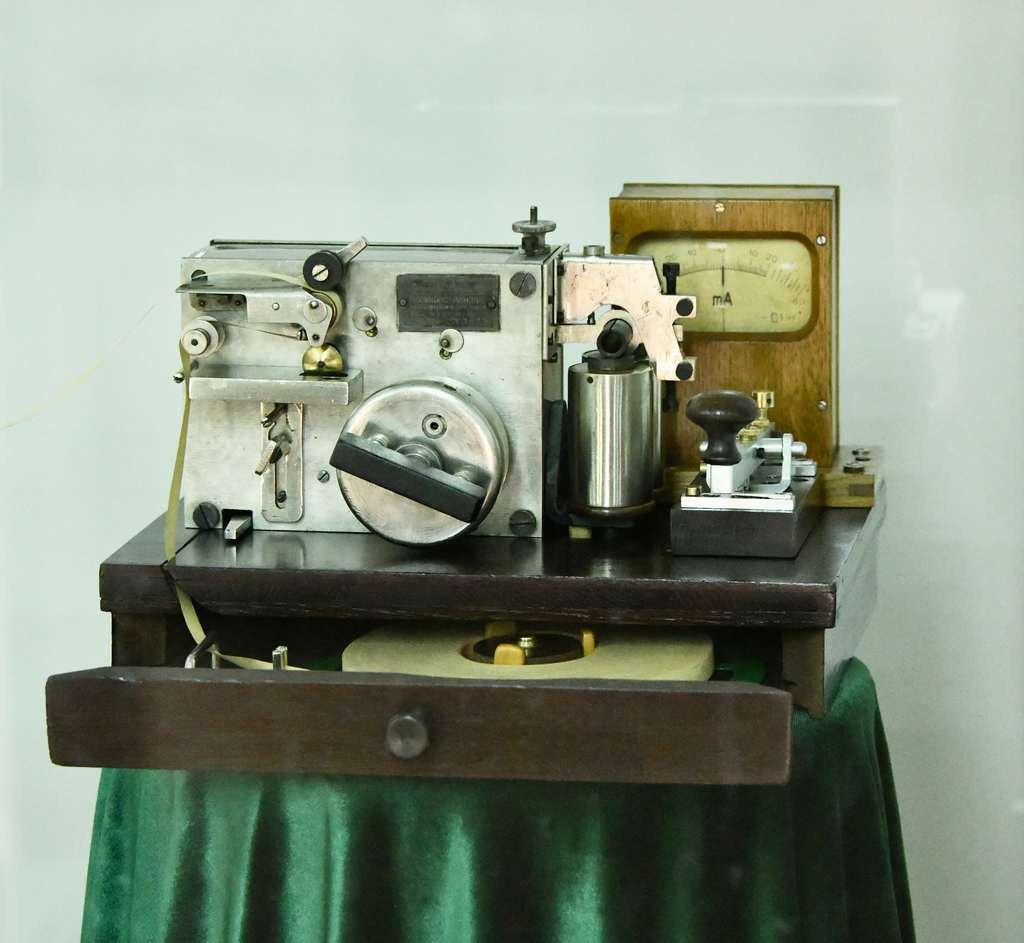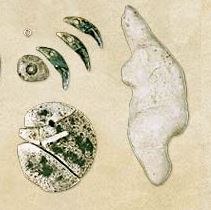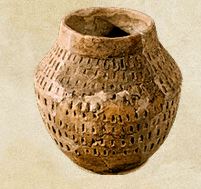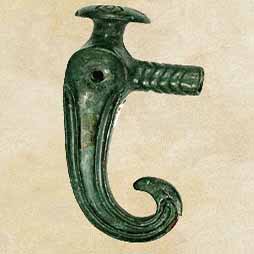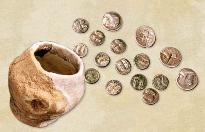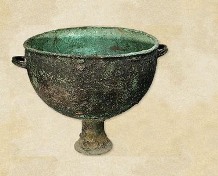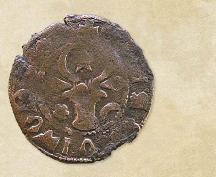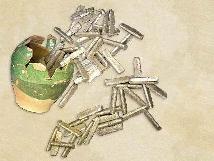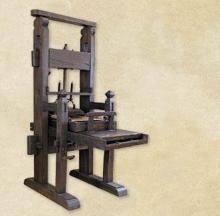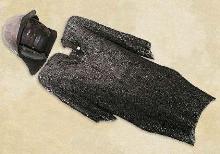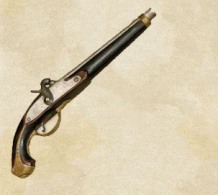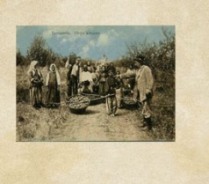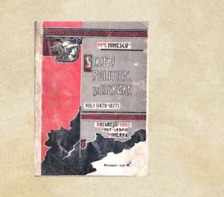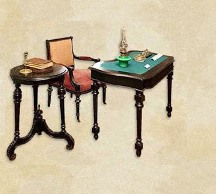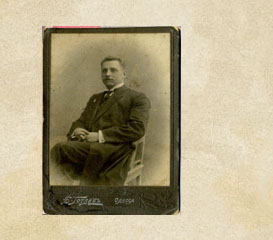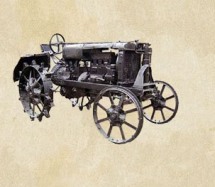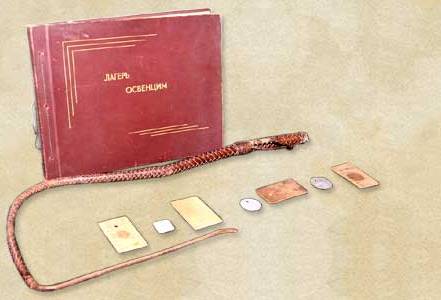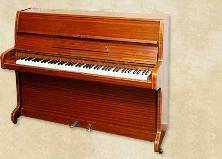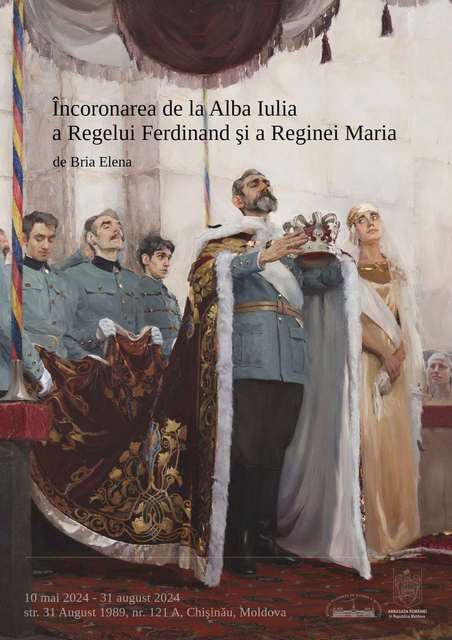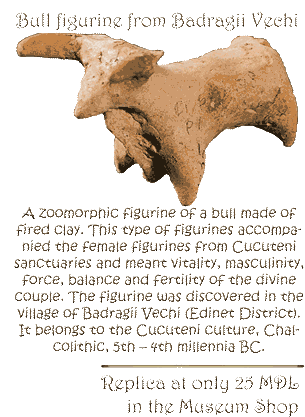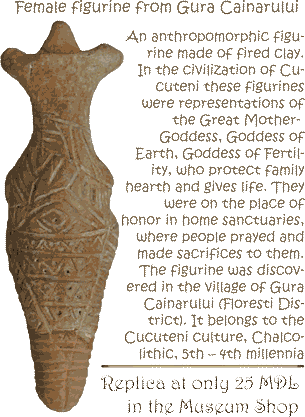Services
Admission to Exhibitions
Entrance fees:
Permanent exhibition:
Adults - 10 MDL
Pensioners, adults with moderate disabilities / disability of the 3rd degree (with valid certificates) - 5 MDL
Students (with valid certificates) - 5 MDL
School students - 2 MDL
Temporary exhibitions and the Treasure Room:
adults - 10 MDL
students - 5 MDL
pupils - 3 MDL
Free admission:
Preschool children (under 7 years), children from residential institutions, children (under 18 years) with disabilities and their accompanying, adults with severe and obvious disabilities (disability of the 1st and 2nd degree), military conscripts, official and cultural delegations (within the opening hours of the museum), employees of the national museum network, Ministry of Culture, and national institutions in the field of cultural heritage, ICOM and ICOMOS card holders
Free admission for all visitors: the last Saturday and Sunday of every month
Closed: Friday, 1, 7, and 8 January, 8 March, first and second day of Easter, 1 May, 27 and 31 August
Guided Tours
Guided tours are available on request in Romanian and Russian, for groups of 5 - 30 people or individual visitors. Reservations are required at least 24 hours in advance, by phone (022240426) or e-mail (muzeuldeistorie@gmail.com): specify the date and time, the type and size of the group, and the language.
Costs of guided tours:
For a group of 5 - 30 people:Adults - 50 MDL
Students - 30 MDL
Guided tours in foreign languages:
Adults - 100 MDL
Students - 80 MDL
Guided tours are free for children from residential institutions and military conscripts
Taking Photographs in the Museum
Costs:
• in exhibition rooms (for personal use, without flash) - 15 MDL;
• objects of the permanent exhibition - 10 MDL for an ordinary exhibit, 80 MDL for an unique exhibit;
• objects from the collection - 30 MDL for a published exhibit, 100 MDL for an unpublished exhibit, 100 MDL for an unique published exhibit, 150 MDL for an unique unpublished exhibit;
• photography of the Museum exhibit items for reproductions оn calendars, postcards, envelops, etc. - 200 MDL for an item;
• services of the Museum Photographic Laboratory - 30 MDL for a cliché, 35 MDL for a black-and-white photograph (9x13-18x24cm), 45 MDL for a color photograph (9x13-20x30cm);
• photocopying of a document - 10 MDL.
Photography or photocopying of the Museum exhibit items by juridical persons is possible only with the permission from the Museum administration, obtained in written form.
Video Filming in the Museum
Costs:
• in exhibition rooms, physical persons, for personal use - 40 MDL, with additional illumination - 80 MDL;
• in exhibition rooms, juridical persons (per hour) - 300 MDL for documentary, 150 MDL for educational film, 400 MDL for feature film, 400 lei for promotional video. If exhibits are taken separately, filming of every item must be paid as well.
For video filming in the Museum juridical persons must obtain the permission from the Museum administration, in writing.
Loan of Exhibit Items
Costs for an exhibit item / a day:
• loan of exhibit items for filming, etc.: 200 MDL;
• loan for exhibitions, except institutions of the Ministry of Culture of the Republic of Moldova: 70 MDL.
Individuals can take exhibit items on loan with the written permission from the Museum administration, providing the observance of the Regulations on Registration and Preservation of Movable Cultural Heritage. Museum staff member accompanies the items.
Expert Examination of Cultural Values
Verbal examination:
• in the Museum: 40 MDL for an object;
• within the city limits: 50 MDL for an object;
• outside the city, traveling and accommodation costs at the expense of a client: 150 MDL for an object.
Written examination:
• in the Museum: 52 MDL for an object;
• within the city limits: 65 MDL for an object;
• outside the city, traveling and accommodation costs at the expense of a client: 195 MDL for an object.
Library
The Museum Library’s collection includes more than 10,000 books on a wide range of subjects, such as archaeology, history, museum studies, and scholarly reference works of interest to the Museum staff. The Library is also available to the public.
Costs:
- to join the library: 10 MDL;
- to borrow a book: 5 MDL / a day;
• to take a book for photocopying: 2 MDL.
Assistance of Museum Specialists
The Museum offers professional consultations and practical assistance in the field of archaeology, history, and museum studies, to physical persons and institutions.
Rent of Museum Space
The 1st floor hall and the temporary exhibition room may be rented for temporary exhibitions, scientific and cultural events. For additional information and reservations, contact the Accounts Department, by phone: + 373 (22) 23-82-69, or the Deputy Director for Public Relations, by phone: + 373 (22) 23-83-13.
Museum Shop
In the Museum Shop can be purchased publications concerned archaeology and history of Moldova, exhibition catalogues, booklets and museum guides, and replicas of exhibit items are available.






